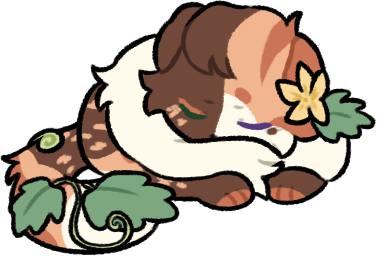Dwarfism: Otherwise known as the "Munchkin Mutation," dwarfism is caused by a dominant gene that prevents a cat's bones from growing and developing normally. These disorders are called skeletal dysplasias. The result is a cat with short, stunted legs but a completely normal body and brain.
Inheritance: Dominant
Side Effects: Legs may be deformed, bowed, or twisted, causing joint issues; forelegs are usually more affected than hind legs. The head may be disproportionately larger than the body, causing cranial problems. Underbites, misaligned teeth, undersized jaws, thick-looking joints, curved spines, hollowed chests, and knock-kneed postures are common. Cats may also experience back issues. Cats with dwarfism are at a higher risk for severe osteoarthritis because their shorter limbs affect their activity levels and behavior. Although dwarf cats' mental capacities are normal, their abnormal body proportions may result in slow mental development in early kittenhood due to the inability to physically learn as quickly as other kittens. Their large heads pose a higher risk during birth as they can get stuck during the process, killing both the kitten and the mother. This trait can be crippling and sometimes lethal. Homozygotes of this gene die before birth (caused when two dwarf cats breed).





